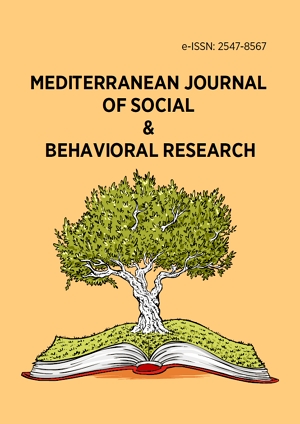Abstract
Inclusive education is increasingly being adopted as the most appropriate framework for organizing educational, but also social and political systems both in Europe and worldwide. Pedagogical departments around the world, converging on sociopolitical trends internationally, have introduced a series of actions aimed at promoting the concept of inclusive education and relevant issues in their curriculum. This research aims to map prevailing attitudes and opinions about disability in a population that is on the borderline between completion of their higher education studies and the gradual familiarity with the educational reality through internships. The main objectives of this research are to monitor and study the views and perceptions of senior Early Childhood Education students on inclusive education and disability and to solicit feedback from students about the curriculum of the Department of Early Childhood Education (DECE), National and Kapodistrian University of Athens, in regard to inclusive education.
License
This is an open access article distributed under the Creative Commons Attribution License which permits unrestricted use, distribution, and reproduction in any medium, provided the original work is properly cited.
Article Type: Research Article
MEDITERR J SOC BEH RES, Volume 1, Issue 1, July 2017, 12-21
Publication date: 01 Jul 2017
Article Views: 2363
Article Downloads: 1051
Open Access References How to cite this article
 Full Text (PDF)
Full Text (PDF)